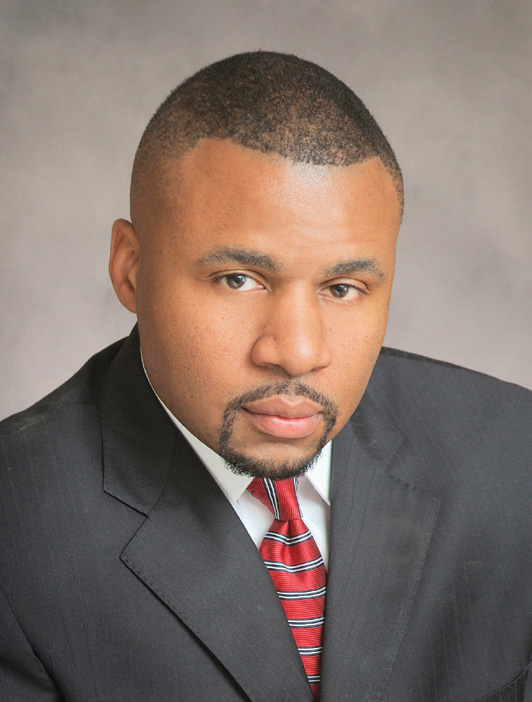COVID-19 and Mass Protests: Lessons Learned and Future Directions
On August 20, 2020, The People’s Think Tank (PTT), an intersectional movement space for re-imagining a radically democratic future for education justice, held a virtual convening: COVID-19 and Mass Protests: Lessons Learned and Future Directions.
The online gathering brought together more than thirty of PTT’s fifty-plus members, which included a diverse representation of the educational justice movement and social justice allies. Together, members engaged in a deep conversation about how the education justice movement is responding to the COVID-19 crisis and the rise of mass protests against police killings and systemic racism.


